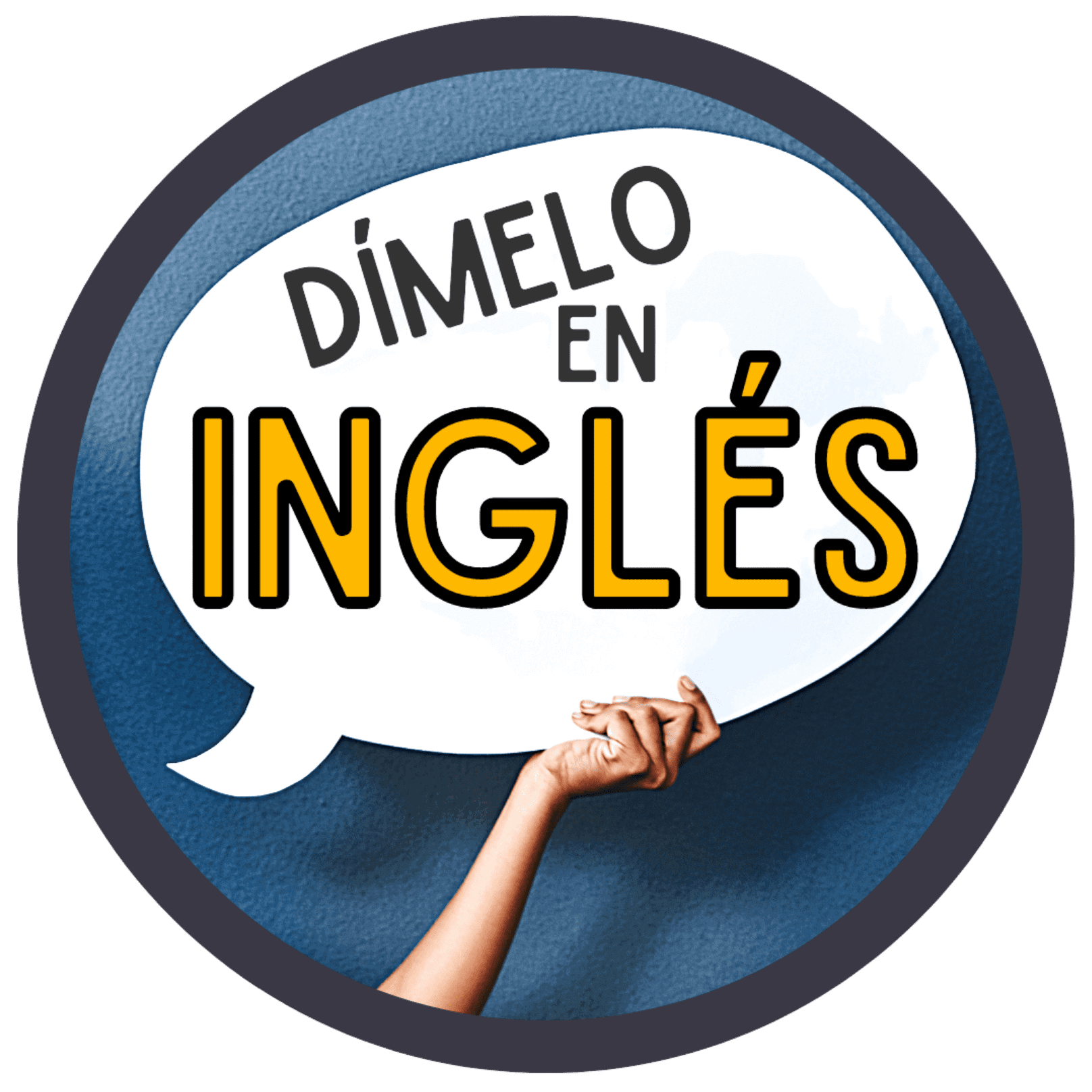- Ejercicio
- Explicación
- Video
📝 Instructions for the Activity
In this activity, you will see 10 sentences, each with a blank space.
Your task is to choose the correct answer from three options.
👉 Only one option is correct, so read carefully and choose the best one!
When you select an answer, the system will automatically check it and tell you if your choice is right or wrong.
At the end of the activity, you will get a summary of all your answers,
plus explanations for the correct ones, so you can learn and improve.
💪 Take your time, do your best, and most importantly—have fun learning!
Good luck!
🌟 Perfect Modals in English: Should have, Could have, Might have
Perfect modal verbs are used to talk about past situations that didn’t happen, but could have happened under different conditions. They follow this simple structure:
🔧 Structure:
[modal] + have + past participle
1️⃣ Should have + past participle
Meaning:
Used to express regret or say that something was the right thing to do, but it didn’t happen.
Examples:
- I should have studied harder for the exam.
(= I didn’t study enough, and now I regret it.) - She should have apologized for being late.
(= It was expected or polite, but she didn’t do it.)
Key idea:
You’re talking about what was the correct or expected action in the past — but it didn’t happen.
2️⃣ Could have + past participle
Meaning:
Used to show that something was possible in the past, or that someone had the ability or opportunity, but didn’t use it.
Examples:
- I could have gone to the party, but I was too tired.
(= I had the chance, but I chose not to.) - He could have helped you if he had known.
(= It was possible, but the situation didn’t allow it.)
Key idea:
You’re talking about a missed opportunity or unrealized potential in the past.
3️⃣ Might have + past participle
Meaning:
Used to express a possibility or guess about the past. You don’t know for sure if it happened — it’s uncertain.
Examples:
- He might have taken the wrong bus.
(= It’s possible, but you’re not sure.) - They might have forgotten about the meeting.
(= Maybe they forgot — it’s just a guess.)
Key idea:
You’re suggesting that something could have happened, but you’re not certain.
📊 Summary of the Differences
| Modal | Meaning | Example |
|---|---|---|
| Should have | Regret or something expected that didn’t happen | You should have called me. |
| Could have | Missed opportunity or unrealized ability | She could have won the race. |
| Might have | Past possibility or guess | They might have missed the bus. |
🧠 Common Uses
- ✅ Talking about regrets:
I should have been more careful. - ✅ Talking about missed chances:
We could have finished earlier if we had started on time. - ✅ Guessing about the past:
He might have left already.
📝 Quick Tip:
Even though they refer to the past, perfect modals are still grammatically simple. Just remember:
Modal + have + past participle
🧩 Bonus – Hypothetical Situations
We also use perfect modals in conditional sentences:
- If I had known about the concert, I might have gone.
(= I didn’t know, so I didn’t go, but it was possible.)
✅ Conclusion:
Perfect modals help you talk about:
- What should have happened but didn’t.
- What could have happened but didn’t.
- What might have happened — but we’re not sure.
They’re perfect (pun intended 😄) for reflecting on the past and learning how to express regrets, possibilities, and hypotheticals clearly.
[yasr_visitor_votes size=”small”]






